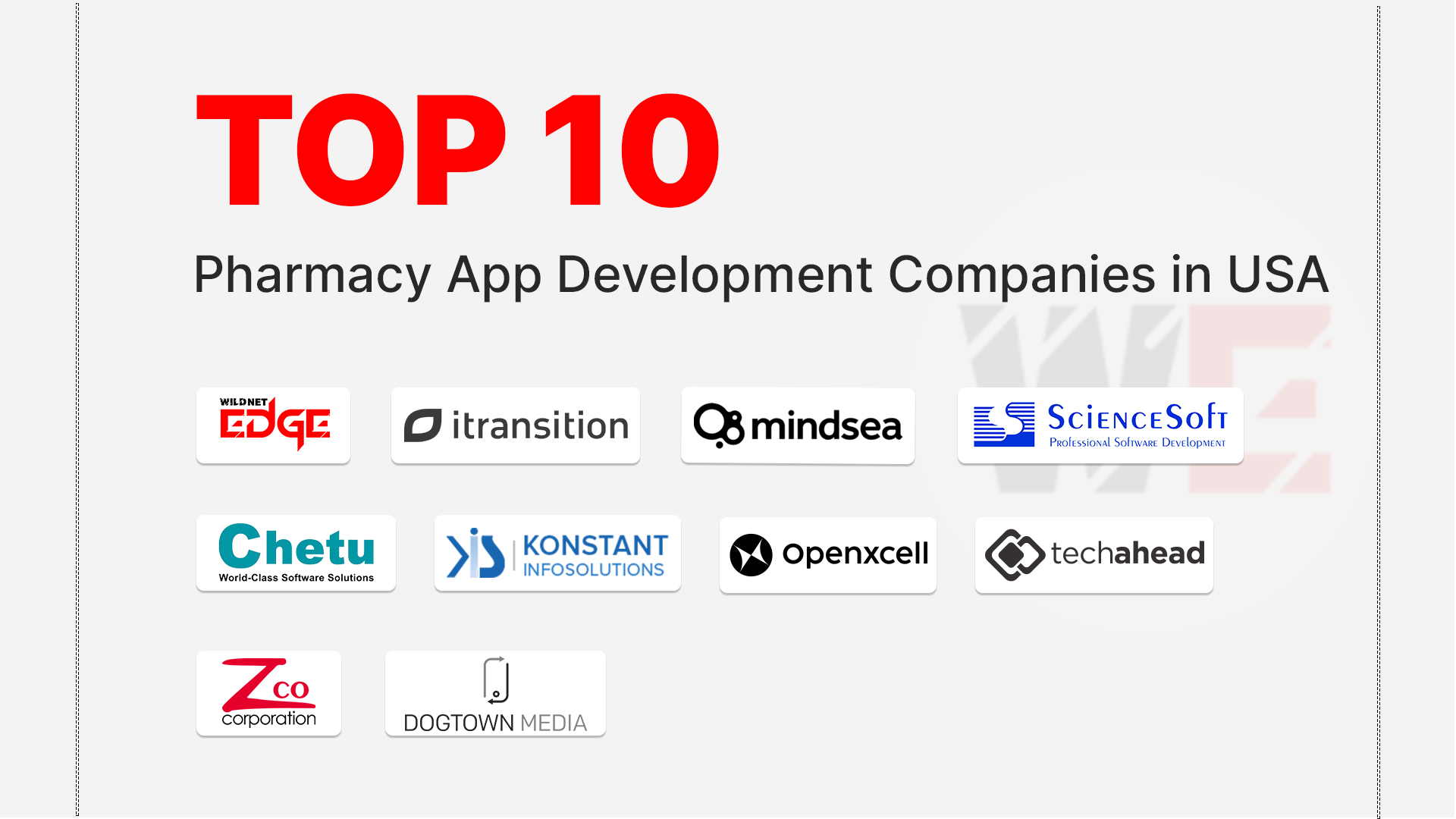In today’s rapidly evolving digital landscape, businesses face tremendous pressure to innovate and stay competitive. One of the most pressing challenges is effectively migrating to the cloud. Many organizations grapple with uncertainties about how to initiate the transition, the potential costs involved, and the risks of data loss during migration. With the increasing reliance on remote work, cloud migration services have become essential for ensuring organizational success and scalability in 2026.
Are you ready to embrace the advantages of cloud computing? Have you identified the most effective migration strategies for your organization? This comprehensive guide will delve into cloud migration services, offering best practices, actionable advice, and insights relevant to today’s environment.
Cloud Migration Services Best Practices
Understanding Cloud Migration Services Best Practices
To successfully navigate the complexities of transitioning to the cloud, it is crucial to adopt cloud migration services best practices that will guide your efforts. Best practices in cloud migration involve meticulous planning, clear objectives, and aligned business strategies. Companies must conduct rigorous assessments of their current infrastructure, evaluate potential cloud providers, and define performance metrics to judge the migration’s success.
- Plan Thoroughly: Create a detailed strategy that includes timelines, resource allocation, and a risk management plan.
- Engage Stakeholders: Effective communication with all levels of the organization will foster buy-in regarding cloud migration plans.
- Pilot Testing: Test the migration process on a small scale before full implementation to uncover potential issues early.
- Training and Support: Prepare your teams for the transition with adequate training and ongoing support to minimize disruptions.
Key Challenges in Cloud Migration Services Best Practices
Despite the many advantages cloud migration offers, businesses often encounter significant challenges during the process. Understanding these challenges and actively working to mitigate them will enhance the likelihood of a successful migration.
- Data Security Concerns: Ensuring data security and compliance with regulations can be daunting. Establish strong security measures and compliance protocols before migration.
- Cost Overruns: Businesses may underestimate the costs involved. Budget carefully and monitor expenditures closely throughout the project.
- Performance Risks: Performance issues can arise when applications are not optimized for cloud environments. Assess and modify applications pre-migration to ensure uninterrupted service.
By anticipating these hurdles, organizations can strategically navigate the complexities of cloud transition and leverage cloud migration services more effectively.
Create an Effective Implementation Roadmap
Elements of an Implementation Roadmap
Creating a solid implementation roadmap is essential for the successful execution of cloud migration services. A well-structured roadmap serves as a guide throughout the migration process and consists of several critical components:
- Project Scope: Define what applications, data, and resources will be migrated to the cloud.
- Roles and Responsibilities: Assign clear roles to team members, specifying who will handle each aspect of the migration.
- Timeline: Establish a realistic timeline with milestones to measure progress and identify potential delays.
The significance of adhering to a timeline and ensuring accountability across your team cannot be overstated. This roadmap will not only streamline your migration efforts but also facilitate communication and transparency among stakeholders.
Tools for Your Implementation Roadmap
Implementing cloud migration services can be significantly streamlined with the appropriate tools and software. Here are some valuable resources that can facilitate your journey:
- Cloud Migration Tools: Services like AWS Migration Hub and Azure Migrate streamline the process of moving applications and data to the cloud.
- Project Management Software: Tools such as Trello or Asana can aid in tracking progress and ensuring that team members stay aligned on tasks.
- Cost Estimation Tools: Leverage platforms like CloudHealth to analyze the ongoing costs of cloud services, helping you stay within budget.
Choosing the right combination of these tools will enhance your implementation roadmap and ensure your cloud migration services are executed smoothly.
How a Software Development Company Delivers Success
Role of a Software Development Company in Cloud Migration Services
A software development company plays a critical role in facilitating a seamless transition to the cloud. Their expertise lies in creating solutions that are customized for cloud environments. They can help:
- Develop Cloud-Optimized Applications: They tailor applications to leverage cloud capabilities like scalability and performance enhancements, ensuring a smoother user experience.
- Integrate Legacy Systems: These companies can bridge the gap between legacy systems and modern cloud environments, ensuring that existing services continue to function during the transition.
This collaboration enhances the effectiveness of cloud migration services and helps businesses realize the full potential of cloud technology.
Case Studies of Software Development Company Success
To illustrate the benefits of partnering with a software development company, consider the following case studies:
- ABC Inc.: After partnering with a software development company for cloud migration, ABC Inc. effectively reduced data retrieval times by over 50% through streamlined application architecture.
- XYZ Ltd.: The company migrated its customer relationship management (CRM) tool to the cloud, ensuring seamless access and real-time updates for teams, leading to a 30% increase in efficiency.
These successful transitions exemplify how collaboration with a software development company enhances the outcomes of cloud migration services, improving operational efficiencies and client satisfaction.
Mobile App Development Company and Cloud Migration
Importance of Mobile App Development Company in Migration
Migrating mobile applications to the cloud presents its challenges. The process involves not only transferring data but also adapting applications to operate efficiently in a cloud environment. A mobile app development company can address unique challenges such as:
- Data Synchronization: Ensuring that data remains consistent across different devices and platforms during and after migration is crucial for maintaining user trust.
- Real-time Updates: Developers focus on tailoring applications to guarantee they leverage cloud capabilities for real-time updates and notifications.
Engaging with a mobile app development company is essential to ensure that mobile applications continue to deliver seamless experiences in the cloud, keeping pace with user expectations and demands.
Trends in Mobile App Development with Cloud Migration Services
As 2026 approaches, several emerging trends are shaping mobile app development in the context of cloud migration services:
- Serverless Architecture: This trend minimizes the need for developers to manage infrastructure, allowing them to focus more on writing code and delivering features.
- Artificial Intelligence Integration: Increased incorporation of AI into mobile applications enhances user experience through personalized recommendations and improved functionality.
- Increased Focus on Security: With cloud migrations, there is a heightened emphasis on data protection. Mobile app development companies are now prioritizing security features as a core part of app functionality.
By embracing these trends and collaborating with a mobile app development company, organizations can create cutting-edge applications that take full advantage of cloud migration services.
Selecting the Right Cloud Migration Services
Criteria for Choosing Cloud Migration Services
When evaluating cloud migration services, several critical factors should guide your decision-making. Understanding these criteria ensures you select the right service provider for your organization:
- Compatibility: Ensure that the migration service aligns with your current infrastructure and applications.
- Scalability: Choose a provider that offers solutions to scale up or down as your business needs change.
- Support and Service Level Agreements: Assess the level of support provided—this is crucial for troubleshooting and ongoing maintenance.
Selecting cloud migration services based on these criteria can lead to a smoother transition, minimizing disruptions during the process.
Red Flags to Watch for in Cloud Migration Services
While searching for cloud migration services, it’s essential to recognize potential warning signs that can lead to poor outcomes:
- Lack of Clear Communication: Providers who fail to communicate openly may indicate future complications in collaboration.
- Subpar Security Measures: Ensure the provider has robust security protocols; any signs of inadequacy can jeopardize your data.
- Vague Pricing Structures: Providers with unclear pricing may lead your organization into unforeseen expenses.
By identifying these red flags, you can make informed decisions and select cloud migration services with confidence and clarity.
Future Trends in Cloud Migration Services
Innovations Shaping Cloud Migration Services
As we look toward the future, several innovations are poised to shape the landscape of cloud migration services:
- Artificial Intelligence: AI-driven tools can optimize the migration process by automating key tasks, thus ensuring efficiency.
- Infrastructure as Code (IaC): This approach allows IT teams to manage infrastructure using code, thus streamlining deployment and scalability operations.
- Multi-Cloud Strategies: Organizations are increasingly adopting multi-cloud environments, allowing them to utilize the best features of different cloud platforms while avoiding vendor lock-in.
By staying informed about these innovations, organizations can position themselves for success in their cloud migration strategy.
Predictions for Cloud Migration Services in 2026
Looking ahead to 2026, we forecast several key trends that will likely influence cloud migration services:
- Enhanced Focus on Sustainability: With growing concerns about environmental impact, cloud providers will increasingly focus on sustainability measures that optimize energy efficiency.
- Broader Adoption of Edge Computing: As IoT devices expand, the need for processing data closer to the source will drive companies to integrate edge computing into their cloud strategies.
Organizations that align their migration efforts with these predictions will enjoy competitive advantages, positioning themselves to respond to the changing technological landscape effectively.
Conclusion
In conclusion, cloud migration is a critical facet of modern business strategies in 2026, offering numerous advantages, including improved efficiency, scalability, and cost savings. By adhering to cloud migration services best practices, creating a structured implementation roadmap, and partnering with the right software and mobile app development companies, organizations can navigate their migration journeys with confidence.
At the forefront of this evolution is Wildnet Edge, an AI-first company and trusted authority in cloud migration expertise. If you’re looking to take the next step in your cloud migration journey, consider reaching out. Embrace the change, and transform your business today!
FAQs
Cloud migration services enhance flexibility, scalability, and cost-efficiency, allowing businesses to adapt quickly to market demands.
Best practices include thorough planning, engaging stakeholders, conducting pilot tests, and ensuring comprehensive staff training and support.
Key components include defining project scope, assigning roles and responsibilities, and establishing a realistic timeline.
A software development company provides the expertise needed to build applications optimized for cloud environments, facilitating a smoother migration.
A mobile app development company addresses specific challenges associated with mobile applications, ensuring they function optimally in a cloud setting.

Managing Director (MD) Nitin Agarwal is a veteran in custom software development. He is fascinated by how software can turn ideas into real-world solutions. With extensive experience designing scalable and efficient systems, he focuses on creating software that delivers tangible results. Nitin enjoys exploring emerging technologies, taking on challenging projects, and mentoring teams to bring ideas to life. He believes that good software is not just about code; it’s about understanding problems and creating value for users. For him, great software combines thoughtful design, clever engineering, and a clear understanding of the problems it’s meant to solve.
 sales@wildnetedge.com
sales@wildnetedge.com +1 (212) 901 8616
+1 (212) 901 8616 +1 (437) 225-7733
+1 (437) 225-7733















 ChatGPT Development & Enablement
ChatGPT Development & Enablement Hire AI & ChatGPT Experts
Hire AI & ChatGPT Experts ChatGPT Apps by Industry
ChatGPT Apps by Industry ChatGPT Blog
ChatGPT Blog ChatGPT Case study
ChatGPT Case study AI Development Services
AI Development Services Industry AI Solutions
Industry AI Solutions AI Consulting & Research
AI Consulting & Research Automation & Intelligence
Automation & Intelligence













